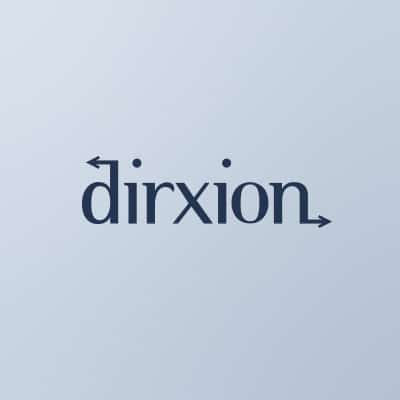Facebook recently announced their new initiative to combat misinformation and false online advertising practices. Many online advertisers used “cloaking” procedures that would fool Facebook’s filters and algorithms and circumvent the review process. Typically when a business advertises with the social media platform, Facebook looks at the ad that the business wants to display, as well as the landing page that an ad click leads a user to. This is to ensure that the content of the ad and the landing page a user is sent to are related and not misleading.
The change is part of a multi-tiered program by Facebook to weed out misinformation, clickbait and spam in order to entice businesses to advertise on the site and create an incentive for users to remain on the platform. Pages that don’t engage in cloaking methods will see no change to their pages or their existing advertising plan, as the initiative seeks to eliminate advertisers that use cloaking methods. Scammers manipulate landing pages in a way that creates one landing page that appears legitimate to a Facebook reviewer and a separate landing page where the user will actually end up. These pages are often set up to sell diet pills, false muscle building programs and other scams.
Other businesses have made similar decisions, most noticeably Facebook’s other half of the online advertising duopoly, Google. Earlier this year, the company announced they would block certain types of online advertisements from appearing on their browser Google Chrome in accordance to a study from the Coalition for Better Ads. Additionally, Google did their own investigation into third party online advertising platforms, often known as ad exchanges, and discovered global revenue wasted on fraudulent online advertising traffic might reach $16 billion by the end of 2017.
For e-commerce businesses, growing their websites through organic traffic is sustainable in the long run, cuts costs that would be used to purchase advertising space and raises traffic at a higher rate than a PPC program would. Dirxion online catalogs offer SEO guide pages that involves a process of indexing every page of the printed catalog. This practice helps boost the overall SEO of the online catalogs site, as well as increase the likelihood of someone finding a catalog page when searching a company’s brand name.











